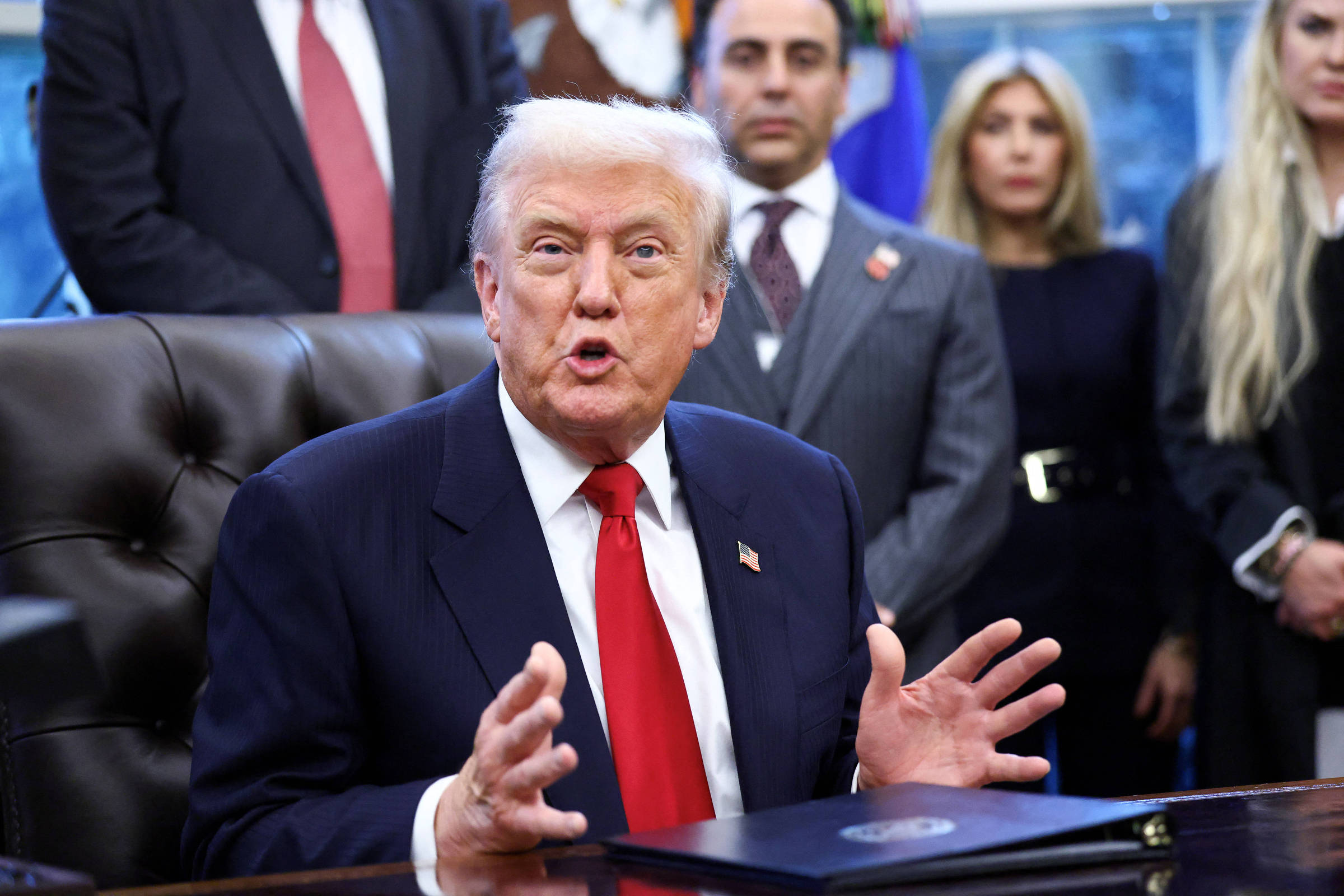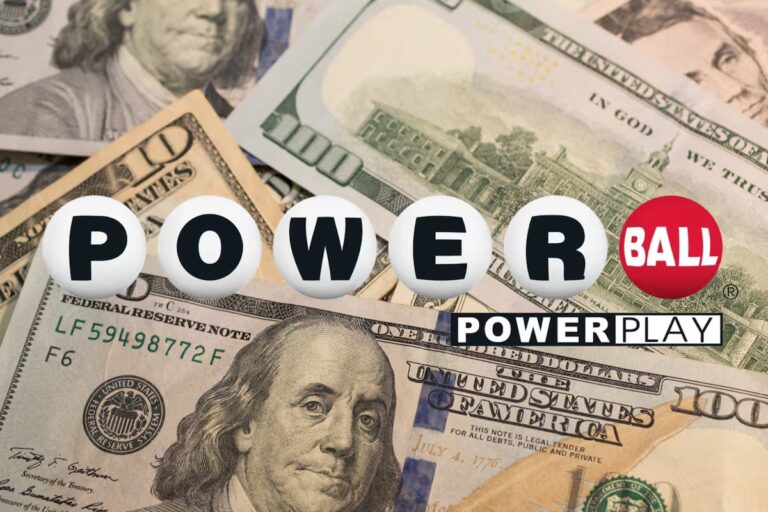
Donald Trump’s popularity is at its lowest level since taking office. That’s more than April was, the nadir of tariffs and financial turmoil. The average poll calculated by Silver Bulletin found that 55% of Americans disapprove of President Trump’s performance, while 41.4% approve. So, this Wednesday’s negative balance was over 13 points. At the beginning of the mission in January, the balance was almost 12 points positive.
Republicans lost last week’s partial elections in a landslide. In exit polls, voters cited the cost of living as a major concern (this is a global issue and worth paying attention to from 2022).
The government shutdown also ended badly, with most of the blame placed on Republicans. More than 700,000 federal workers are without paychecks, and 42 million Americans are left without food assistance (or most of it). That’s right, one in eight Americans relies on federal food assistance.
Additionally, President Trump said households making less than $100,000 a year would receive a $2,000 tax refund (the tax raised by the tariffs). He said he would reduce import taxes on coffee.
People in your government are also talking about removing the burden of tariffs on bananas and other fruits and things that the United States doesn’t produce. President Trump’s political issues, as well as pressure from American companies such as coffee roasters, are favoring higher-priced Brazilian products.
The price of ground coffee in US retail stores rose 18.9% in the year to September (more recent statistics are missing due to “shutdowns”). It was even worse in Brazil (54.6% in the 12 months through September and 48% through October), but Americans are unaccustomed to inflation and are still shocked by what they see in 2022 and beyond.
Food inflation is 3.1% per year (5.5% in Brazil). Other than coffee, the items that increased the most were beef (14.7%) and bananas (6.9%).
In addition to exports to the United States, Brazil’s coffee export volume has been decreasing since April (compared to the same month in 2024) even before President Trump’s tariffs were imposed. Other major buyers such as Germany, Belgium and Italy also saw sales volumes decline.
However, despite all this and tariffs, the value of Brazil’s exports is increasing due to the increase in the prices of products on the world market. Exports to Japan and especially China increased significantly, although this did not compensate for the decline in exports to the US and Europe.
These compensations and higher prices have led to exports increasing by more than 35% in the past 12 months.
Another product group affected by the tariffs, fresh and dried fruit and nuts, also improved. Prices will fall, but sales quantity will increase. Export value increased by 6.2% in 12 months. so what?
First, these exporters managed to get by, at least in aggregate. You can find a market. Second, yes, we need to restore the American market. Especially since product shortages mean loss of consumption habits and commercial connections, which is always a potential risk. Third, machinery and equipment, the sector most difficult to adapt to (because it produces for niches), needs a lot of support in negotiations with the United States. Fourth, the time is ripe for negotiation.
Mr. Trump, who until recently thought buying groceries was funny, has gone from blinking his eyes to talking about the price of coffee and bananas.
Link exists: Did you like this text? Subscribers can access it for free up to 7 times a day from any link. Click on the blue “F” below.



